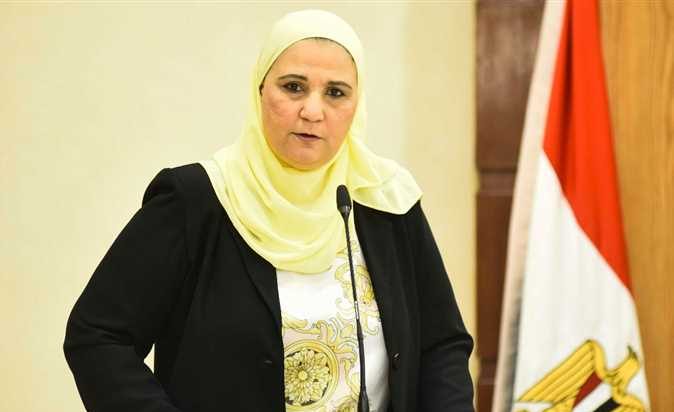In co-operation with UNICEF and the European Union, the Egyptian Ministry of Social Solidarity recently launched a national programme to promote positive relationships between parents and children.
The Positive Parenting Programme is intended to raise awareness among parents in rural areas on critical subjects such as healthcare, nutrition, positive disciplining and how to avoid child marriage, violence and female genital mutilation (FGM).
Hala Abu Khatwa, communication specialist for UNICEF for Egypt said: “There are many examples of children whose height and weight are below the norm for their age because of malnutrition, which affects both physical and mental development.”
“Girls are still being circumcised because their parents consider that practice to preserve their chastity,” Abu Khatwa told The Egyptian Gazette.
“Fathers prefer to send only their sons to school, some children still suffer abuse in the name of discipline.
“Such harmful practices must change for a better life for our children and our country.
“Parents must learn about positive parenting for the physical and emotional wellbeing of their children,” she added.
For this reason, it is of paramount importance to reach out to vulnerable families in rural communities to teach them about methods of positive parenting to ensure that Egyptian children grow up in an environment that is conducive to their development and wellbeing.
The positive parenting national programme will be implemented in villages across several governorates through community-based groups sessions in addition to a hotline number, 1442, for free advice on parenting and education.
Minister of Social Solidarity Nevine el-Kabbaj said her ministry adopts the concepts of positive parenting within the package of interventions for social protection and early childhood development programmes in villages and governorates covered by the ‘Decent Life’ initiative.
The ‘Decent Life’ initiative was launched by President Abdel Fattah El Sisi in early 2019 to improve the quality of life in deprived rural areas.
“Positive parenting is a constitutional and legal obligation in the first place, as it is one of the dimensions of development, sustainable and social protection for the Egyptian family, especially the most vulnerable families,” the minister said.
She added: “The most important axes of positive parenting adopted by the ministry are primary care, early childhood development, social upbringing, emotional and psychological development of the child, and positive discipline.”
El-Kabbaj pointed out that Egypt has made great strides in the field of childhood development indicators. In the last two decades, the enrollment rate of children in the primary stage has reached about 99 per cent, and the mortality rates for children under the age of five have decreased to 19.5 per thousand births in 2017.






Discussion about this post